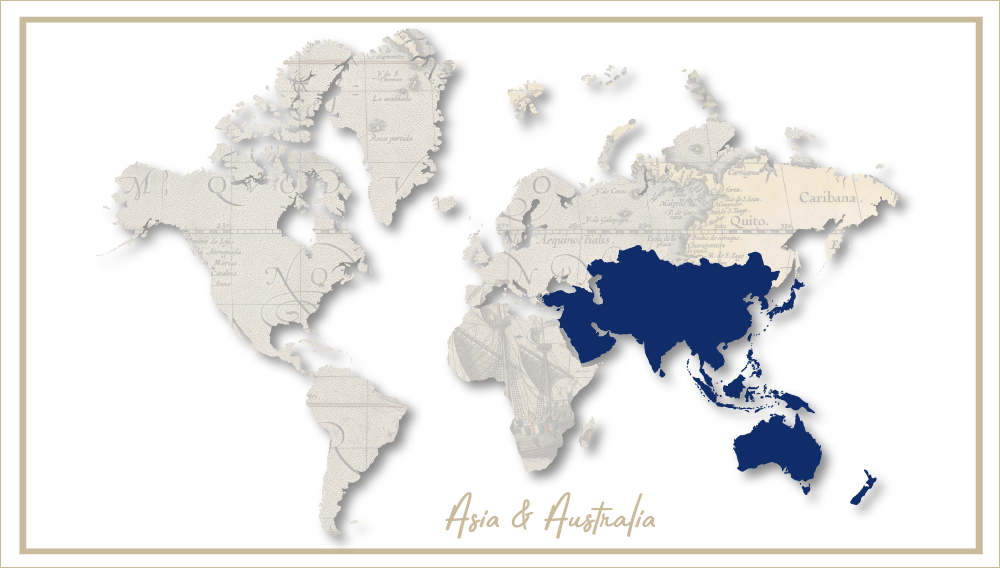Coke needs to merge with either Lion or Foster’s
It’s a cruel world if you are a stock market-listed company. Only a week after Coca-Cola Amatil (CCA) issued a profit warning, saying that EBIT for the six months ending June were expected to fall 8 or 9 percent, the first fall in first-half earnings for seven years, analysts argued that time was up for CCA and that it should seek to merge with rivals Lion or Foster’s.
The call for CCA to cease to exist as an independent company comes after CCA had taken advantage of the strength of the Coca-Cola brand to lift prices almost every year, thus recovering rising costs and boosting margins. The cost-recovery strategy has helped drive superior returns, with total shareholder returns up 98 percent over the last five years, Australian media reported in early May 2013.
However, a week later, on 13 May 2013, a piece in the Australian Financial Review publication said that combining beer and soft drinks makes more sense now. Analysts have begun to doubt CCA’s ability to recover lost volumes, sales and margins in the second half of this year to match the AUD 895.5 million (USD 895 million) in profits it made in 2012. To achieve a flat outcome for the year, the bottler will need to lift earnings by at least 7.5 percent in the second half, which many think a near-impossible feat.
As BRAUWELT International reported, CCA’s Australian beverages business, which accounts for 75 percent of group earnings, has been hit by aggressive discounting by its largest rival, Schweppes (owned by Japan’s brewer Asahi), and shrinking orders from major retailers Coles and Woolworth’s.
Pepsi, which is bottled by Schweppes, has reduced prices to compete with fast growing private label soft drinks and bottled water. Pepsi currently sells at about 50 percent of the price of Coke. What is more, Australian consumption of carbonated soft drinks has been in decline since 2009.
CCA has stated repeatedly that its re-entry into the beer industry – at the end of this year – would help boost profits. But apparently, analysts and investors are unwilling to wait that long and see if this strategy will deliver the promised results.
Who could CCA merge with? Well, CCA’s options are limited. There is basically only Lion (owned by Kirin) and Foster’s (owned by SABMiller), with almost equal shares of the beer market.
A merger of CCA with Foster’s would create Australia’s largest multi-beverage manufacturer and distributor, with sales around AUD 5 billion (USD 5 billion), more than 40 percent of the beer market and 60 percent of the carbonated soft drinks market. Yet, the merger case is perhaps even more compelling with Lion, which would create a soft drinks, juice, milk, beer and wine company with annual sales in Australia in excess of AUD 7 billion (USD 7 billion).
In 2008 Lion made an unsuccessful AUD 8 billion offer for CCA. The deal is understood to have collapsed after arguments over who would run and chair the merged company could not be resolved. At the time, synergies from this combination were estimated to be worth about AUD 100 million. Today, these benefits could be worth at least AUD 150 million, according to analysts.
Whichever way CCA eventually goes – to Foster’s or to Lion – will not make any difference to CCA’s largest shareholder, The Coca-Coca Company. The Coca-Cola Company could either retain a stake in the merged group or cash out while remaining a major supplier and franchisor.
Obviously, The Coca-Cola Company is familiar with both SABMiller and Kirin, as the former bottles Coca-Cola in South Africa and the latter in Japan.
“The world’s largest beverage company, which makes most of its profits from the sale of concentrate, or syrup, is motivated primarily by volume growth. The prospect of a merged CCA-Fosters or CCA-Lion generating AUD 150 million of savings to plough into prices to boost volumes must be tantalising for The Coca-Cola Company, especially after the worrying drop in volumes at CCA’s Australian business”, the Australian Financial Review speculated.
However, a merger in the short to medium term is unlikely, insiders say. SABMiller is still trying to turnaround Foster’s after spending AUD 10 billion on it in 2011, while the Japanese brewer Kirin is pondering the future of Lion’s dairy and drinks business, which is earning well below its cost of capital.
Moreover, CCA is going through a transition period with its CEO Terry Davis intending to retire in August 2014. His priorities over the next 12 months are restoring profitable volume in Australia and overseeing the company’s return to the beer market in December.
Still, if CCA’s volumes and earnings in Australia continue to deteriorate, the calls for a merger of CCA with Foster’s or Lion will become even louder.
There is one obstacle, though, in these merger scenarios: the Australian Competition & Consumer Commission (ACCC). The competition watchdog already blocked CCA’s proposed acquisition of fruit juice maker Berri (now part of Lion) in 2003. The ACCC’s concerns over CCA’s distribution reach and its capacity to bundle beverages to force competitors off the shelves and out of fridges would be even stronger in the case of Foster’s or Lion.

